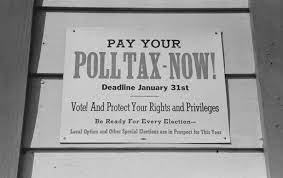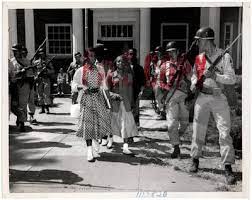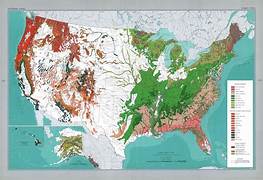The year 1964 marked a pivotal moment in the history of civil rights in the United States with the passage of the 24th Amendment, which declared the imposition of poll taxes in federal elections unconstitutional. This landmark legislation was a significant step towards dismantling discriminatory voting practices that disproportionately affected African Americans and other marginalized communities.
Before the 24th Amendment, poll taxes were used as a tool of disenfranchisement, particularly in the southern states, where Jim Crow laws and other discriminatory practices were prevalent. Poll taxes required voters to pay a fee before they could cast their ballots, creating a financial barrier that disproportionately affected lower-income individuals, often targeting African Americans who were already facing systemic economic challenges.
The roots of poll taxes trace back to the post-Reconstruction era when southern states sought ways to circumvent the 15th Amendment, which granted African American men the right to vote. In response, these states implemented various measures, including literacy tests and poll taxes, to undermine the voting rights of African Americans. The poll tax, in particular, was effective in suppressing the African American vote, as many were unable to afford the fee.
The struggle against poll taxes gained momentum during the civil rights movement of the 1950s and 1960s. Activists, including prominent figures like Martin Luther King Jr. and organizations like the Student Nonviolent Coordinating Committee (SNCC) and the Southern Christian Leadership Conference (SCLC), recognized the inherent injustice of poll taxes and worked tirelessly to eliminate this barrier to voting rights.
The turning point came with the 1964 passage of the 24th Amendment to the United States Constitution. The amendment states: "The right of citizens of the United States to vote in any primary or other election for President or Vice President, for electors for President or Vice President, or for Senator or Representative in Congress, shall not be denied or abridged by the United States or any State by reason of failure to pay any poll tax or other tax."
By explicitly prohibiting the use of poll taxes in federal elections, the 24th Amendment struck a critical blow against institutionalized discrimination in voting practices. It was a victory for the civil rights movement and a testament to the resilience of those who fought for equality and justice.
While the 24th Amendment addressed the issue of poll taxes in federal elections, the struggle for voting rights continued at the state and local levels. It was not until the Voting Rights Act of 1965 that the federal government took comprehensive measures to eliminate discriminatory voting practices, including poll taxes, at all levels of government.






